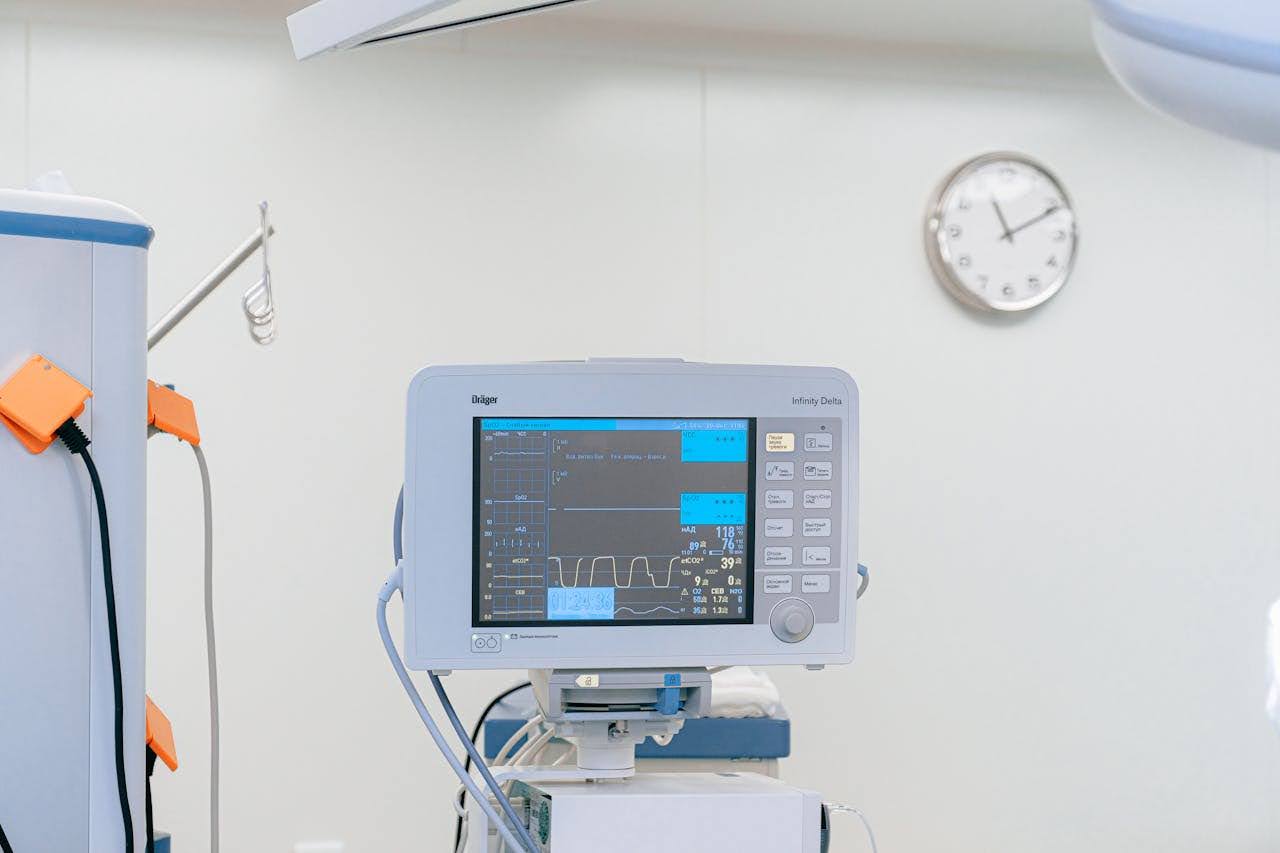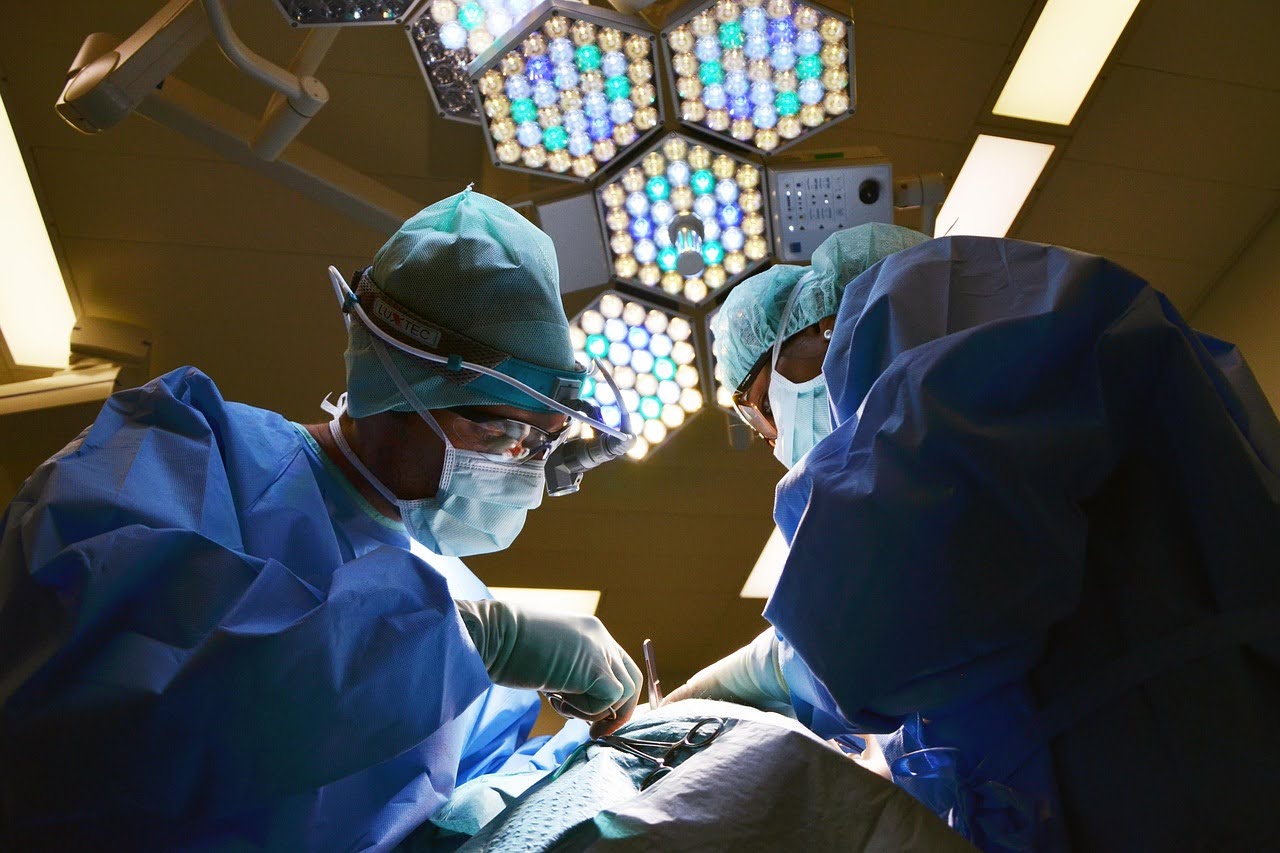Pursuing a career as an anaesthesiologist in Malaysia combines academic challenges, hands-on training, and a critical role in patient care. This guide outlines the key steps, skills, and considerations needed to become an anaesthesiologist.
Steps to Become an Anaesthesiologist in Malaysia
The pathway to becoming an anaesthesiologist in Malaysia involves a structured education and training process. Here’s how you can achieve this goal:
1. Complete Pre-University Studies
Start with a solid foundation in sciences during your pre-university education. Programmes like A-Levels, STPM, or a Foundation in Science are recommended. Prioritise subjects such as Biology, Chemistry, and Physics to meet medical school prerequisites.
2. Obtain a Medical Degree
Enrol in a recognised medical degree programme to gain foundational medical knowledge and skills. A programme such as the medicine degree at RUMC provides an excellent balance of academic and practical learning, preparing you for a career in medicine.
3. Complete Practical Training
Undertake a 2-year housemanship in a recognised hospital. During this period, you’ll rotate through various medical disciplines, gaining hands-on experience under the supervision of senior doctors. Anaesthesia exposure during housemanship will provide insight into the field.
4. Obtain Licensing and Registration
After completing housemanship, register with the Malaysian Medical Council (MMC) to become a licensed medical practitioner. This is a mandatory step for legal practice in Malaysia.
5. Pursue Specialisation in Anaesthesiology
Apply for a postgraduate Master of Anaesthesiology programme offered by recognised institutions in Malaysia. This specialisation typically takes four years and involves academic coursework, clinical practice, and examinations.
6. Stay Committed to Professional Development
Continuous learning is essential. Attend conferences, workshops, and certification programmes to stay updated with advancements in anaesthesia techniques and technology.
Skills and Qualifications Required
To excel as an anaesthesiologist, you need both technical expertise and interpersonal skills, including:
- Strong Academic Foundation: Advanced understanding of pharmacology, physiology, and anaesthesia techniques.
- Critical Thinking: Ability to make quick decisions in high-pressure situations.
- Communication Skills: Collaborating effectively with surgical teams and explaining procedures to patients.
- Attention to Detail: Monitoring patients’ vitals and ensuring their safety during procedures.
- Empathy: Providing comfort and reassurance to patients before, during, and after surgery.
Daily Tasks and Duties

Anaesthesiologists play a critical role in patient care, particularly in surgical and emergency settings. Here are some of the key daily tasks and responsibilities:
- Pre-operative Assessments: Reviewing patients’ medical histories and conducting physical evaluations to develop safe anaesthetic plans.
- Administering Anaesthesia: Delivering general or local anaesthesia to patients undergoing surgeries or medical procedures.
- Monitoring Vital Signs: Continuously monitoring patients’ heart rate, blood pressure, oxygen levels, and other vital signs during operations.
- Adjusting Anaesthetic Levels: Modifying the dosage of anaesthesia as needed during the procedure to ensure patient safety and comfort.
- Post-operative Care: Overseeing patients’ recovery from anaesthesia, managing pain relief, and addressing any complications.
- Emergency Interventions: Responding to medical emergencies in critical care situations, including resuscitation or stabilisation of patients.
Additional Considerations
Becoming an anaesthesiologist requires resilience and adaptability. The role can involve long hours, high-pressure scenarios, and emotional challenges. However, it is a rewarding career where you play a vital role in ensuring patient safety and comfort.
Begin Your Medical Journey with RUMC
RUMC is a medical school in Malaysia renowned for its world-class education and training. With over 400 years of heritage, RUMC is the ideal place to begin your journey towards a fulfilling career as an anaesthesiologist.
FAQ
1. What is Working as an Anaesthesiologist Like?
Working as an anaesthesiologist involves ensuring patient safety and comfort during surgeries and critical care. It is a high-responsibility role requiring technical expertise and the ability to handle emergencies calmly.
2. What’s the Difference Between an Anaesthesiologist and a Surgeon?
An anaesthesiologist focuses on administering anaesthesia and monitoring patient vitals during surgery, while a surgeon performs the actual operation. Both roles are essential for successful surgical outcomes.
3. How Long Does It Take to Become an Anaesthesiologist in Malaysia?
It typically takes 11-13 years, including pre-university studies, a medical degree, housemanship, and specialisation in anaesthesiology.






